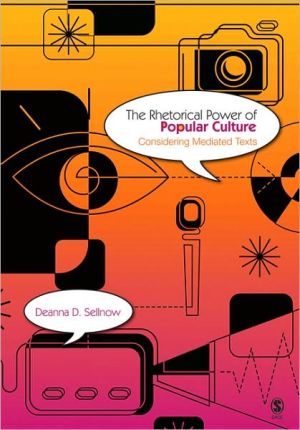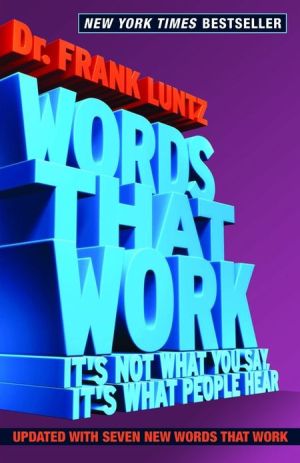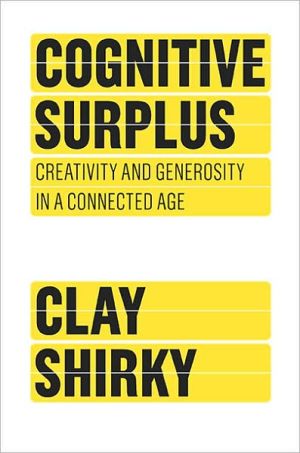The Rhetorical Power of Popular Culture: Considering Mediated Texts
Can television shows like Desperate Housewives, popular songs like Shaggy’s It Wasn’t Me, advertisements for Samuel Adams beer, and films such as Harry Potter help us understand rhetorical theory and criticism? The Rhetorical Power of Popular Culture is chock full of familiar examples like these to make rhetorical theory and criticism accessible, relevant, and meaningful to readers. Author Deanna Sellnow offers a step-by-step introduction to rhetorical theory and criticism by focusing on the...
Search in google:
Can television shows like Desperate Housewives, popular songs like Shaggy's It Wasn't Me, advertisements for Samuel Adams beer, and films such as Harry Potter help us understand rhetorical theory and criticism? The Rhetorical Power of Popular Culture is chock full of familiar examples like these to make rhetorical theory and criticism accessible, relevant, and meaningful to readers. Author Deanna Sellnow offers a step-by-step introduction to rhetorical theory and criticism by focusing on the powerful roles TV programs, advertisements, music, comics, and movies play in persuading us on what to believe and how to behave. Key Features Clarifies theoretical concepts using a broad range of familiar examples from TV, film, music, advertisements, and comics Proposes a consistent step-by-step approach to conducting a rhetorical analysis of popular culture texts focused on describing, interpreting, and evaluating Engages readers in the hands-on process of popular cultural criticism with end-of-chapter sample essays and challenge exercises Fosters critical thinking and retention of key concepts by encouraging readers to actively apply concepts through "Applying What You've Learned" boxes embedded in each chapter Intended Audience This pragmatic book makes an excellent text for courses exploring the intersections of popular culture, communication, sociology, and identity. It is a must-have for anyone interested in examining the powerfully persuasive rhetorical messages that pervade our daily lives.
1. What Is Popular Culture and Why Study It? What Is Popular Culture? What Are Popular Culture Texts? Why Study Popular Culture? Conducting a Rhetorical Analysis of Popular Culture Texts Sample Student Essay2. Expanding the Rhetorical Tradition The Nature of Rhetoric and Rhetorical Criticism Evolution of the Rhetorical Tradition Rhetoric in the Communication Discipline The Neo-Aristotelian Approach to Rhetorical Criticism Contemporary Rhetorical Approaches Sample Published Essay3. A Narrative Perspective Narration Narrative Rationality Conducting a Narrative Analysis Sample Analyses Sample Published Essay4. A Dramatistic Perspective The Pentad Absolution of Guilt Conducting a Dramatistic Analysis Sample Published Essay Sample Student Essay5. A Marxist Perspective Ideology and Hegemony Materialism and Economic Metaphors Sites of Struggle Conducting a Marxist Analysis Sample Published Essay Sample Student Essay6. Feminist Perspectives Hegemony, Patriarchy, and Masculine Hegemony Sites of Struggle Waves of Feminism Feminist Perspectives for Studying Popular Culture Texts Conducting a Feminist Analysis Sample Published Essay Sample Student Essay7. A Music Perspective: The Illusion of Life Theory Music as Communication The Illusion of Life Conducting an Illusion of Life Analysis Sample Published Essay Sample Student Essay8. A Visual Perspective: Visual Pleasure Theory Visual Pleasure Theory Conducting a Visual Pleasure Analysis Sample Published Essay Sample Student Essay9.Media-Centered Perspectives Media Logic Social Learning Theory Parasocial Relationship Theory Cultivation Theory Conducting an Analysis Using a Media-Centered Perspective Sample Published Essay Sample Student EssayAppendix: Writing a Popular Culture Rhetorical Essay Collecting Research and Examining Your Text Writing Your Essay Presenting Your Essay
\ Paul A. Soukup"Best considered a classroom text, it takes students through the steps necessary to write analyses of various forms of popular culture, ranging from stage musicals to film and television to popular music to advertising to visual images and beyond."\ \








